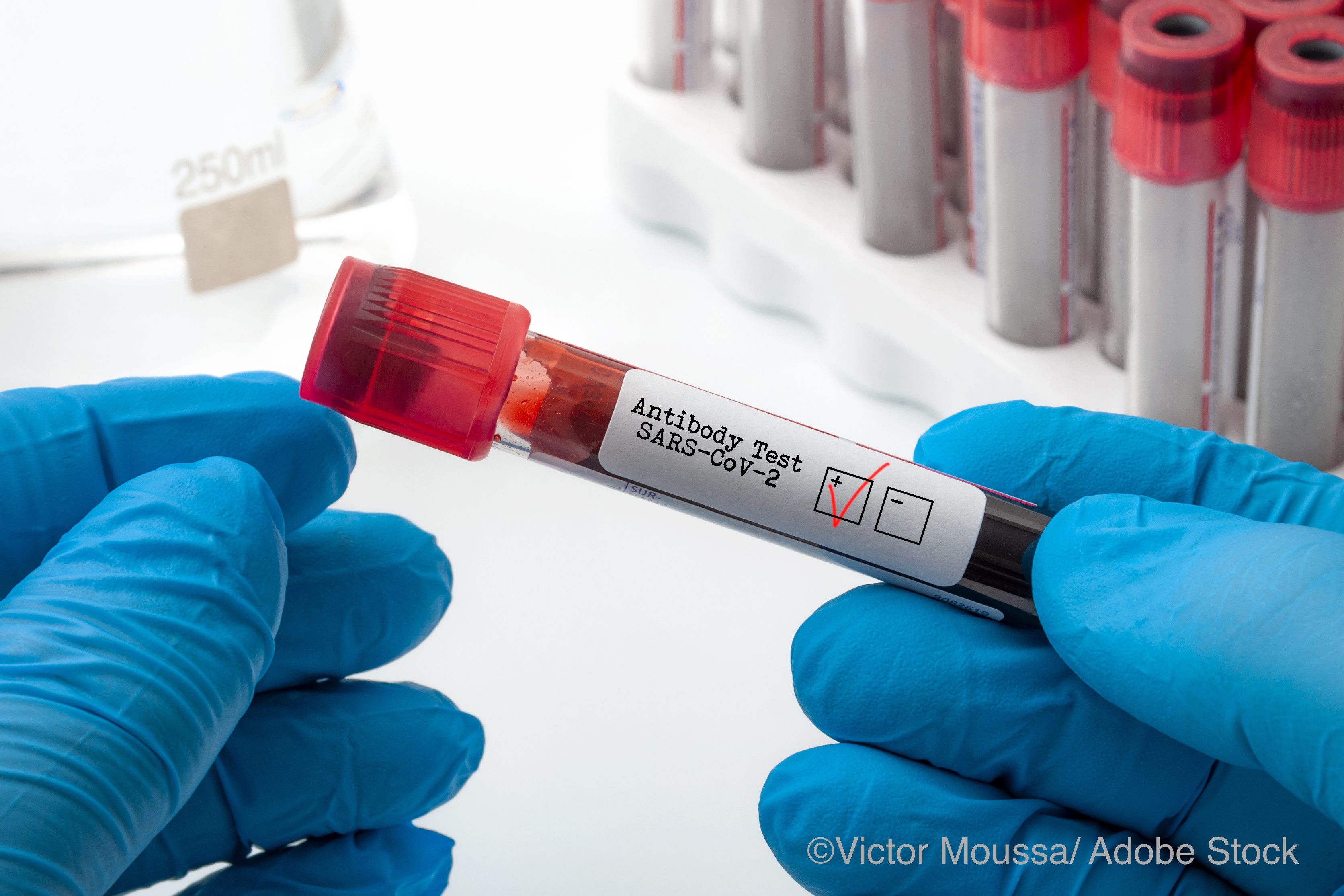WASHINGTON — The FDA revised it’s policy on Covid-19 antibody tests, requiring manufacturers to submit emergency use authorizations (EUA) requests and meet specific performance thresholds for their products to go on the market.
Antibody or serology tests, which can detect SARS-CoV-2 antibodies in a patient’s blood, are useful for determining who has and has not had Covid-19, assessing the frequency of asymptomatic infection, and identifying potential donors of convalescent plasma; However, they are not intended to diagnose active SARS-CoV-2 infection. That hasn’t stopped a legion of bad actors from advertising products of dubious quality to consumers.
This revised policy, which updates a more flexible policy released on March 16, will increase scrutiny on the host of Covid-19 antibody tests hitting the market — and, hopefully, cut off the influx of fraudulent tests.
“In mid-March, it was critical for the FDA to provide regulatory flexibility for serology test developers, given the nature of this public health emergency and an understanding that the tests were not to be used as the sole basis for Covid-19 diagnosis, a fact that remains true today,” Anand Shah, MD, Deputy Commissioner for Medical and Scientific Affairs, and Jeff Shuren, MD, Director, Center for Devices and Radiological Health, wrote in a statement. “However, flexibility never meant we would allow fraud. We unfortunately see unscrupulous actors marketing fraudulent test kits and using the pandemic as an opportunity to take advantage of Americans’ anxiety. Some test developers have falsely claimed their serological tests are FDA approved or authorized. Others have falsely claimed that their tests can diagnose Covid-19 or that they are for at-home testing, which would fall outside of the policies outlined in our March 16 guidance, as well as the updated guidance. Also, since that time, the FDA has become aware that a concerning number of commercial serology tests are being promoted inappropriately, including for diagnostic use, or are performing poorly based on an independent evaluation by the NIH.”
Under the revised policy, commercial manufacturers will be required to submit EUA requests along with their validation data “within 10 business days from the date they notified the FDA of their validation testing OR from the date of this policy, whichever is later,” they explained. In addition, the new policy provides specific performance thresholds recommendations for specificity and sensitivity that tests will need to meet in order to become commercially available.
They noted that, to date, 12 antibody tests have been authorized under an individual EUA, while over 200 additional tests are currently the subject of a pre-EUA or EUA review.
During a press briefing, when asked about fraudulent or unapproved tests, and how the FDA is managing this issue, Shuren said: “We have identified developers of tests who are inappropriately marketing them. Many of them are marketing them for use at home—that was never permitted under our policy, unless authorized by the FDA. Some are marketing them as being authorized by the FDA when they are not or making other claims. We have been following up on those cases. Some have been referred to our criminal investigators, others we followed up and had the tests either removed from the marketplace or modified what they’re claiming about the test to bring it in line with what’s appropriate. We also have detained fraudulent test kits that [were attempted to be] imported into the U.S. We’ve seen similar issues with diagnostic tests and have taken actions as well, but unfortunately there are people who take advantage of any circumstance and people who are taking advantage of the pandemic, and we are trying to be vigilant in going after those perpetrators.”
In addition, if commercial manufacturers currently marketing tests under the March 16 policy fail to submit an EUA request within 10 business days, the FDA will make that information public, they wrote.
As for whether an antibody test should be used as an indicator for whether or not a patient has developed immunity, FDA Commissioner Stephen M. Hahn, MD, said “My opinion on that would be no, because there are a lot of unanswered questions.”
Among these questions, Hahn pointed out, is “what it means to be either antibody positive or antibody negative…understanding whether [SARS-CoV-2 antibodies] confer immunity or not.” He added that a large part of the agency’s response to Covid-19 antibody testing will be to educate consumers, payers, and stakeholders “so that everyone understands, as much as possible, the complexities around this issue.”
John McKenna, Associate Editor, BreakingMED™
Cat ID: 125
Topic ID: 79,125,730,933,125,190,520,926,192,927,150,151,725,928



